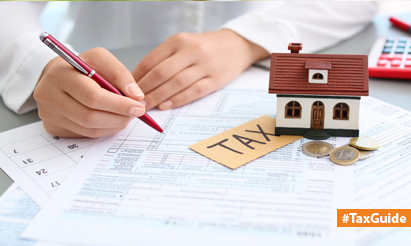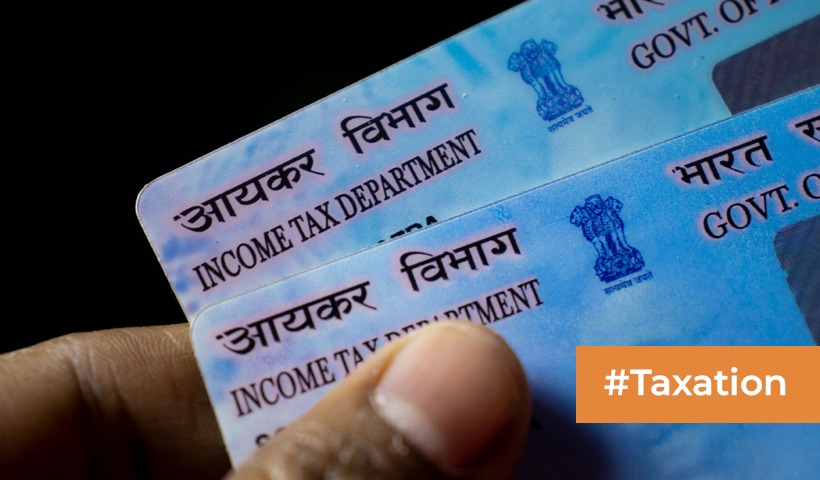Strategies to Save Capital Gains Tax on the Sale of Residential Property in India
In the realm of real estate transactions in India, the sale of a residential property can trigger capital gains tax implications. As property values continue to appreciate, understanding how to optimize your tax liability becomes paramount. In this article, we explore strategies tailored for Indian readers on how to save capital gains tax on the sale of residential property.
Understanding Capital Gains Tax
Before delving into tax-saving strategies, it’s crucial to grasp the basics of capital gains tax in the Indian context. Capital gains tax is levied on the profit earned from the sale of a capital asset, such as residential property. There are two types of capital gains:
- Short-Term Capital Gains (STCG): If the property is held for less than 24 months before selling, any profit from the transaction is categorized as short-term capital gains. Short-term capital gains are taxed at the applicable income tax slab rate of the individual.
- Long-Term Capital Gains (LTCG): If the property is held for 24 months or more, the profit is considered long-term capital gains. As of the current tax laws in India, LTCG on the sale of residential property is taxed at 20%, with the provision of indexation benefits.
Now, let’s explore effective strategies to save capital gains tax on the sale of residential property.
- Utilize the Exemption Under Section 54: Section 54 of the Income Tax Act provides a crucial exemption for long-term capital gains arising from the sale of residential property. To avail of this benefit, individuals must reinvest the sale proceeds in another residential property within specified timelines. As of the current regulations, this reinvestment must occur either one year before the sale or within two years after the sale. Alternatively, individuals can invest in the construction of a new residential property within three years from the sale date.
- Invest in Capital Gains Account Scheme (CGAS): If you are unable to invest the capital gains in another property before filing your income tax return, you can deposit the amount into a Capital Gains Account Scheme (CGAS). This account, available in banks, helps in safeguarding the funds until you finalize the purchase of another residential property. The funds must be utilized within the specified time frame to claim the exemption under Section 54.
- Opt for Joint Ownership: Joint ownership of residential property can be a strategic move to save on capital gains tax. If the property is jointly owned, each owner is entitled to their exemption limit under Section 54. This effectively doubles the potential exemption, allowing a more tax-efficient distribution of the gains.
- Leverage the Benefits of Section 54EC: Section 54EC provides an alternative option for saving capital gains tax. Under this section, individuals can invest the sale proceeds in specified bonds within six months of the property sale. As of the current regulations, bonds from the National Highway Authority of India (NHAI) and Rural Electrification Corporation (REC) are eligible for this investment. The lock-in period for these bonds is five years.
- Consider the Indexation Benefit: For long-term capital gains, indexation can significantly reduce the taxable amount. Indexation adjusts the purchase price of the property based on inflation, thereby lowering the overall capital gains. This benefit is particularly relevant when calculating the taxable gains on the sale of a property held for an extended period.
- Gift the Property: While gifting a property may seem like a straightforward process, it’s important to note that gift transactions are subject to their own set of tax implications. However, if the property is gifted to specific family members, such as parents or children, the subsequent sale of the property may qualify for exemptions under Section 54. It’s advisable to seek professional advice before opting for this strategy.
- Explore Joint Development Agreements: In the context of real estate development, entering into a Joint Development Agreement (JDA) can be a tax-efficient strategy. Under a JDA, the landowner can receive a portion of the developed property instead of a lump sum amount. This can potentially defer the capital gains tax liability until the actual sale of the developed units.
- Reinvest in Capital Gains Bonds: Section 54EC also allows individuals to save on capital gains tax by investing in specified bonds issued by the National Highways Authority of India (NHAI) or Rural Electrification Corporation (REC). By investing in these bonds within six months of the property sale, taxpayers can claim an exemption up to a specified limit.
- Claim Deductions for Improvement Costs: The cost of improvements made to the property, such as renovations and additions, can be factored into the calculation of capital gains. Keep thorough records of these expenses and deduct them from the total sale consideration to reduce the taxable capital gains.
- Plan Your Sale Timing: Timing can play a crucial role in minimizing capital gains tax. If possible, consider selling the property in a financial year when you have other capital losses that can be set off against the gains. Proper planning can help optimize your overall tax position.
Navigating the complex terrain of capital gains tax on the sale of residential property in India requires careful consideration and strategic planning. The aforementioned strategies provide a roadmap for individuals seeking to optimize their tax liability while staying within the bounds of legal and regulatory frameworks.
It’s essential to note that tax laws are subject to change, and it’s advisable to consult with a qualified tax professional or financial advisor for personalized advice based on the latest regulations. By adopting a proactive and informed approach, individuals can potentially save on capital gains tax and make the most of their real estate transactions.




